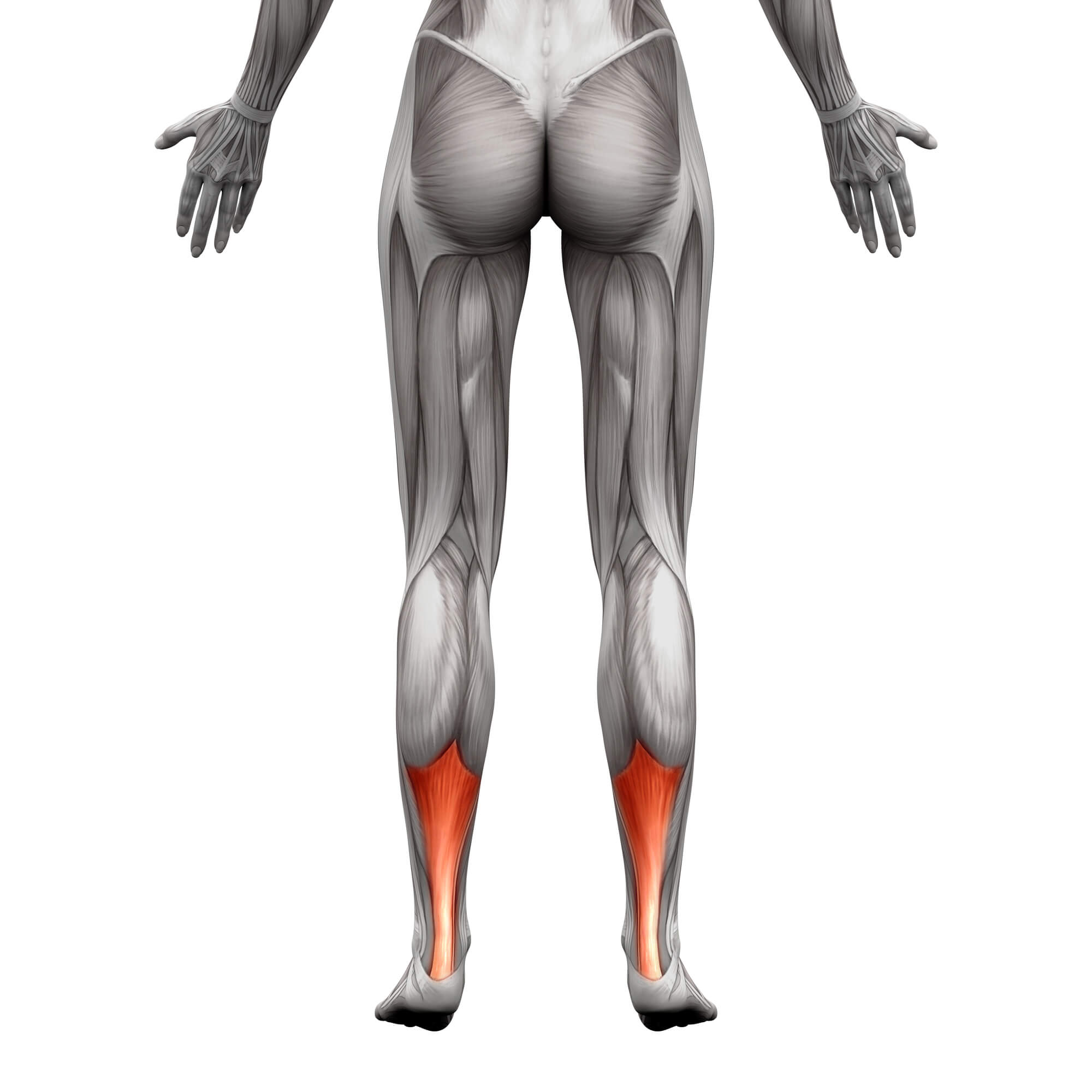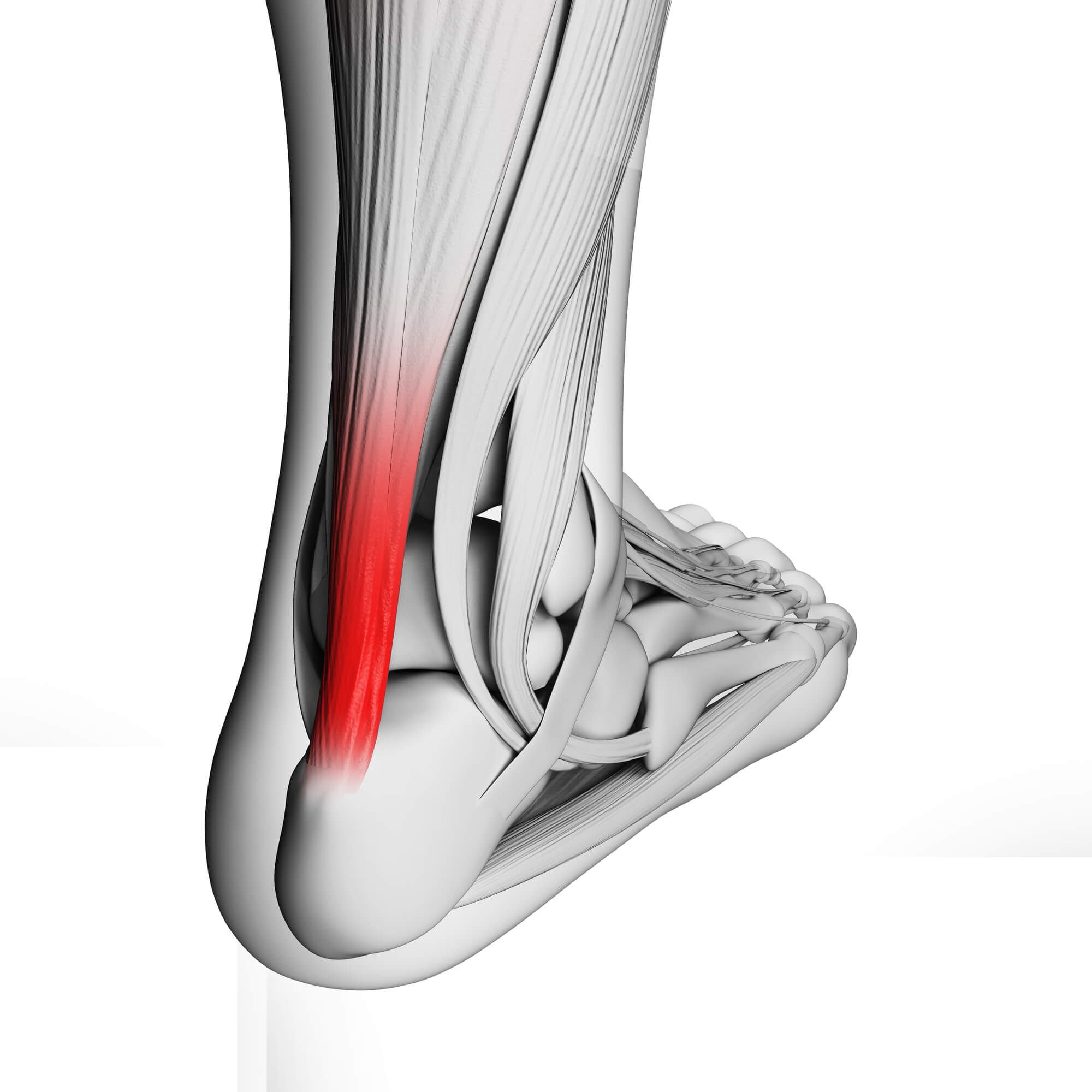How to Find the Right Achilles Tendonitis Doctor
The Achilles tendon is the largest in the body and connects the calf muscle to the heel bone. It is essential for walking, running, and jumping. However, the Achilles tendon is prone to injury, inflammation, and rupture due to its constant use, leading to conditions such as Achilles Tendonitis. This article will discuss what Achilles Tendonitis is, its symptoms, causes, diagnosis, treatment, and prevention. We'll also highlight the importance of finding the right Achilles Tendonitis Doctor for proper diagnosis and treatment.
What is Achilles Tendonitis?
Achilles Tendonitis is a condition that results from inflammation of the Achilles tendon. It is a common overuse injury that affects athletes and individuals who engage in physical activities that involve repetitive stress on the tendon. Achilles Tendonitis can cause pain in the heel or back of the heel and may result in a bone spur. If left untreated, it may lead to a tendon rupture, a severe injury requiring surgery.
Anatomy of the Achilles Tendon
To understand Achilles Tendonitis, it's essential to have a basic understanding of the anatomy of the Achilles tendon. The Achilles tendon is a strong, fibrous cord that connects the calf muscle to the heel bone. It is responsible for plantarflexion, which is the movement that occurs when you point your toes downward.
Importance of Finding the Right Achilles Tendonitis Doctor
Achilles Tendonitis is a condition that requires specialized treatment from a foot and ankle specialist or a podiatrist who specializes in sports medicine. A qualified Achilles Tendonitis Doctor can diagnose the condition accurately and provide the appropriate treatment options. Achilles Tendonitis can lead to chronic pain without proper diagnosis and treatment and may require more invasive procedures.

Tips for Finding the Right Achilles Tendonitis Doctor
Here are some tips for finding the right Achilles Tendonitis Doctor:
Research and Check Credentials
When searching for an Achilles Tendonitis Doctor, please research and check their credentials. Look for a board-certified doctor with experience in treating Achilles Tendonitis.
Ask for Referrals
Ask for referrals from friends, family, or other medical professionals who have experience with Achilles Tendonitis treatment. They can provide valuable insights into the quality of care and treatment options.
Check Online Reviews and Ratings
Check online reviews and ratings of potential doctors to understand their reputation and track record in treating Achilles Tendonitis.
Consider Experience and Expertise
Consider the doctor's experience and expertise in treating Achilles Tendonitis. Look for a doctor with experience treating a wide range of tendon injuries, including Achilles Tendonitis.
Evaluate Communication Style and Bedside Manner
Evaluate the doctor's communication style and bedside manner. Look for a doctor who listens to your concerns, answers your questions, and explains treatment options clearly.

What to Expect During Your Visit to an Achilles Tendonitis Doctor
Physical Exam
The doctor will perform a physical exam of the affected foot and ankle. They will check for signs of inflammation, swelling, or tenderness. The doctor may also check your range of motion, strength, and flexibility in the foot and ankle.
During the physical exam, the doctor may ask you questions about your symptoms, such as when they started, how severe they are, and whether anything makes them better or worse.
Range of Motion Test
The doctor may perform a range of motion test to evaluate the flexibility and movement of the foot and ankle. This test will help the doctor determine the extent of the injury and the appropriate treatment.
Diagnostic Tests
The doctor may order diagnostic tests to confirm the diagnosis of Achilles Tendonitis and get a better view of the affected area. Diagnostic tests may include:
- X-rays: An X-ray can show a bone spur or if the heel bone has become deformed due to long-term Achilles Tendonitis.
- Ultrasound: An ultrasound can show inflammation in the Achilles tendon and help the doctor assess the extent of the injury.
- MRI: An MRI can provide a detailed view of the Achilles tendon and surrounding tissues, allowing the doctor to assess the extent of the injury and the best treatment options.

Treatment Options
After the physical exam and diagnostic tests, the doctor will discuss treatment options with you. Treatment options for Achilles Tendonitis may include:
- Rest: Rest is the first line of treatment for Achilles Tendonitis. The doctor may advise you to take a break from activities that exacerbate the injury, such as running or jumping.
- Ice: Applying ice to the affected area can help reduce inflammation and pain.
- Compression: The doctor may recommend wrapping the affected area with a compression bandage to reduce swelling.
- Elevation: Elevating the affected foot can help reduce swelling.
- Anti-inflammatory medication: The doctor may prescribe or recommend over-the-counter anti-inflammatory medication to reduce inflammation and pain.
- Physical therapy: The doctor may refer you to a physical therapist who can develop a treatment plan to help reduce pain and improve strength, flexibility, and range of motion.
- Surgery: In severe cases of Achilles Tendonitis, surgery may be necessary to repair the tendon and relieve pain.
Questions to Ask Your Achilles Tendonitis Doctor
During your visit, asking questions and communicating openly with the doctor is essential to ensure the best possible outcome. Here are some questions you should consider asking:
- What is causing my Achilles Tendonitis?
- What are the best treatment options for my condition?
- How long will it take to recover from Achilles Tendonitis?
- Can I continue to engage in physical activities during treatment?
- What are the potential risks and complications associated with treatment?
- How often should I come in for follow-up appointments?
- What can I do to prevent future Achilles Tendonitis episodes?
By asking these questions, you can better understand your condition and treatment options and work with your doctor to develop a plan tailored to your needs.
Conclusion
Achilles Tendonitis is a painful and potentially debilitating condition that requires proper diagnosis and treatment. Finding the right Achilles Tendonitis Doctor for proper diagnosis and treatment is essential. When searching for an Achilles Tendonitis Doctor, consider their credentials, experience, and expertise in treating tendon injuries. During your visit, be prepared to ask questions and communicate openly with the doctor to ensure the best possible outcome. If you're experiencing symptoms of Achilles Tendonitis, contact a podiatrist or foot and ankle specialist today for an evaluation.

